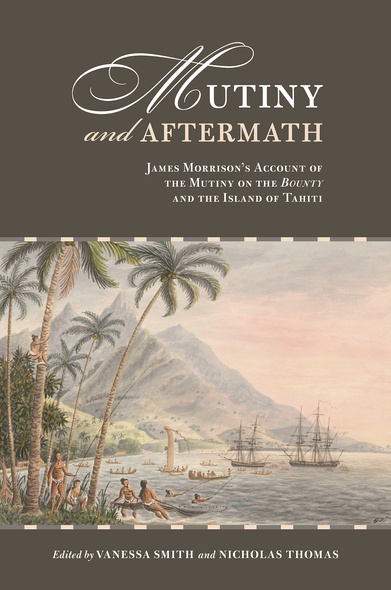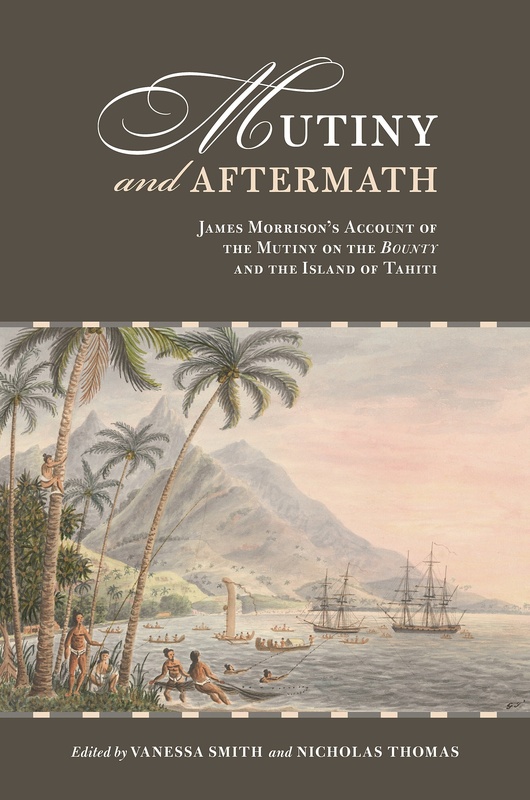
Mutiny and Aftermath
James Morrison's Account of the Mutiny on the Bounty and the Island of Tahiti
The mutiny on the Bounty was one of the most controversial events of eighteenth-century maritime history. This book publishes a full and absorbing narrative of the events by one of the participants, the boatswain’s mate James Morrison, who tells the story of the mounting tensions over the course of the voyage out to Tahiti, the fascinating encounter with Polynesian culture there, and the shocking drama of the event itself.
In the aftermath, Morrison was among those who tried to make a new life on Tahiti. In doing so, he gained a deeper understanding of Polynesian culture than any European who went on to write about the people of the island and their way of life before it was changed forever by Christianity and colonial contact. Morrison was not a professional scientist but a keen observer with a lively sympathy for Islanders. This is the most insightful and wide-ranging of early European accounts of Tahitian life.
Mutiny and Aftermath is the first scholarly edition of this classic of Pacific history and anthropology. It is based directly on a close study of Morrison’s original manuscript, one of the treasures of the Mitchell Library in Sydney, Australia. The editors assess and explain Morrison’s observations of Islander culture and social relations, both on Tubuai in the Austral Islands and on Tahiti itself. The book fully identifies the Tahitian people and places that Morrison refers to and makes this remarkable text accessible for the first time to all those interested in an extraordinary chapter of early Pacific history.
Vanessa Smith (Editor)
Vanessa Smith teaches at the University of Sydney, where she is Associate Professor in the Department of English, and publishes across the disciplines of literary studies, history, and anthropology. She began visiting the Pacific islands in 1994 while researching the early impact of print culture in Samoa and Tonga. More recently she has focused on Tahiti and the Hawaiian and Marquesas Islands while exploring the politics of friendship in contacts between Oceanians and Europeans. Her interest in the Bounty stories has morphed from a focus on beachcomber narrative, via an excursus on breadfruit, to an exploration of the colonialist politics of the Pitcairn island settlement, and analysis of the shifting allegiances manifest in the mutiny and the mutineers’ trial. Her most recent book is Intimate Strangers: Friendship, Exchange and Pacific Encounters (2010).
Nicholas Thomas (Editor)
Nicholas Thomas is director of the Museum of Archaeology and Anthropology, University of Cambridge. He first visited the Pacific in 1984 to research his PhD thesis on the Marquesas Islands. He has since written extensively on art, empire, and related themes, and curated exhibitions in Australia, New Zealand, and the UK, many in collaboration with contemporary artists. His early book, Entangled Objects, influentially contributed to a revival of material culture studies. He went on to publish, among other works, Oceanic Art in the Thames and Hudson World of Art series and Islanders: The Pacific in the Age of Empire, which was awarded the Wolfson History Prize.




